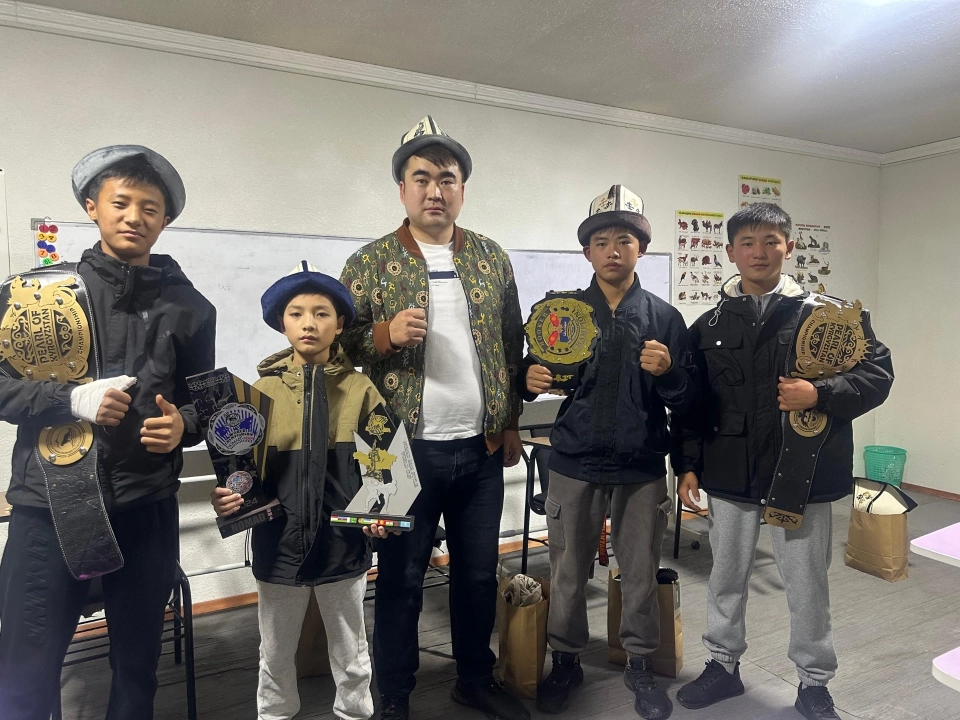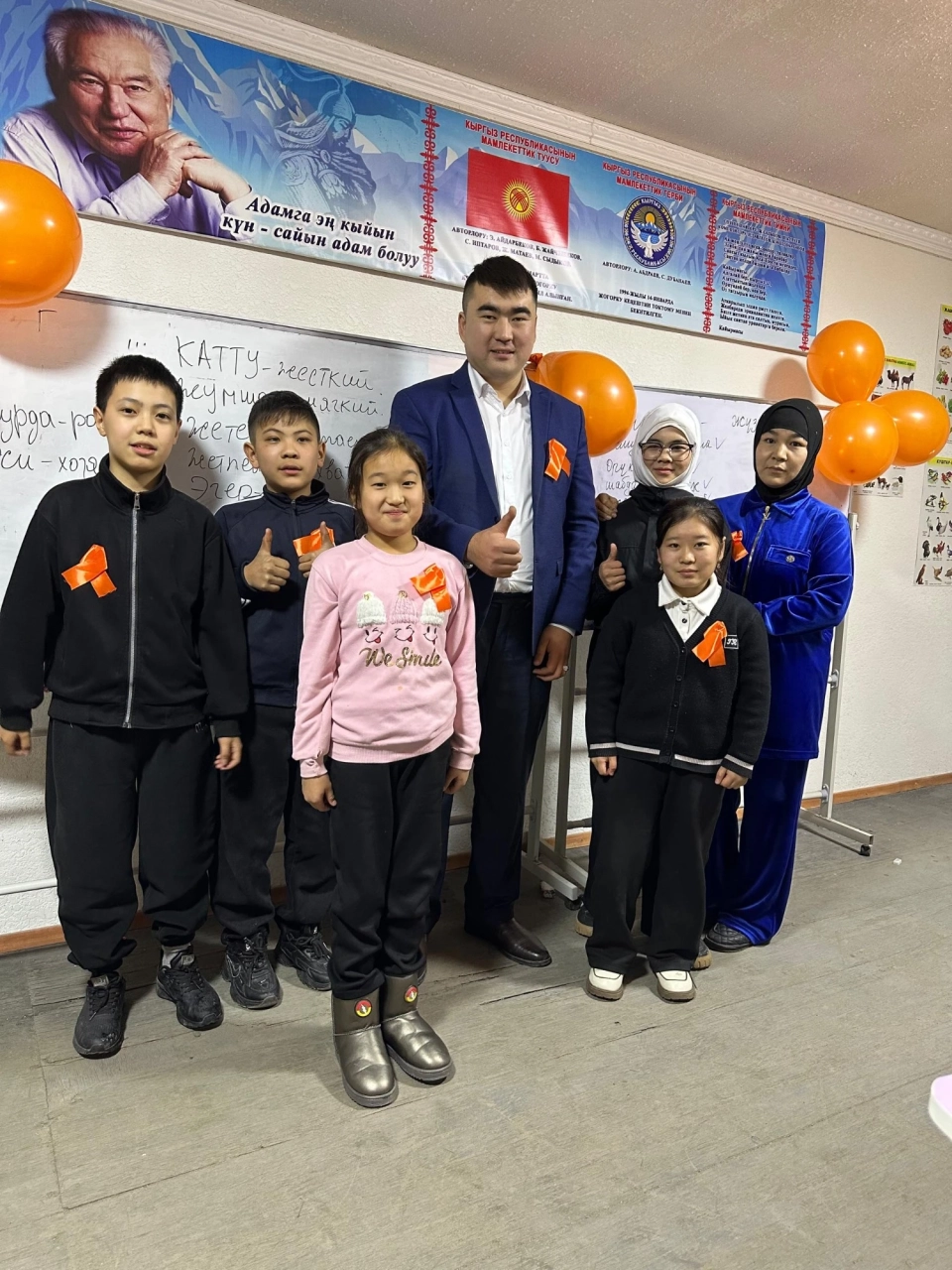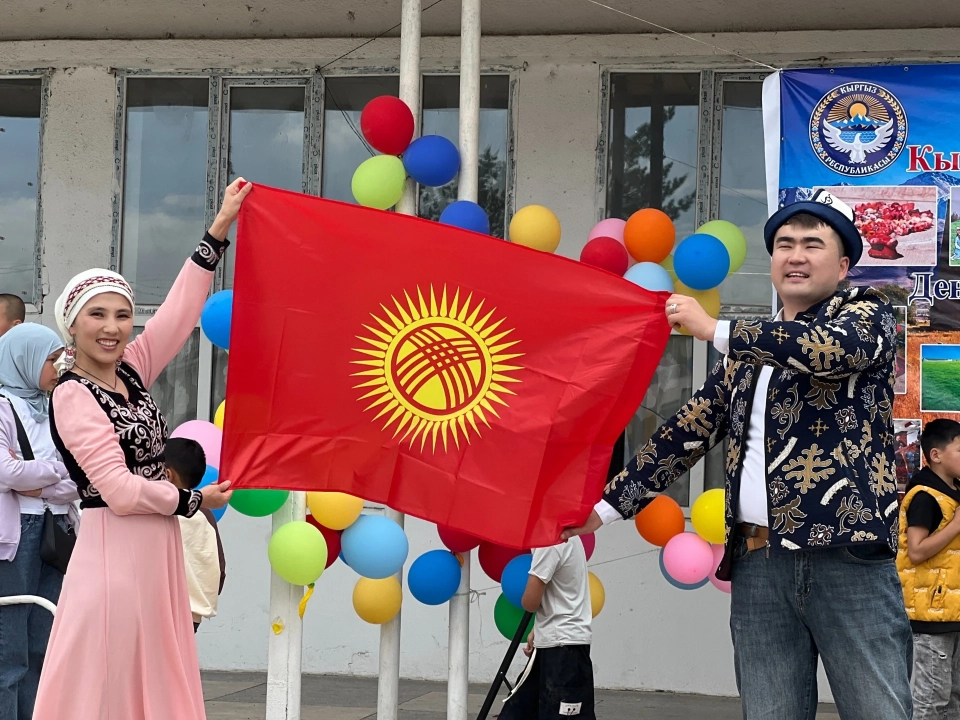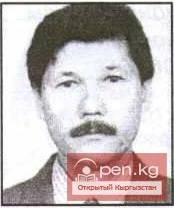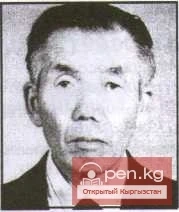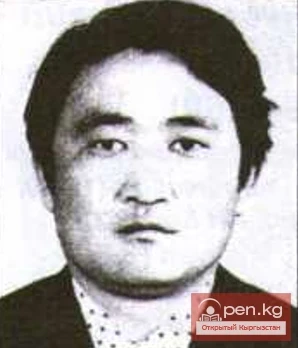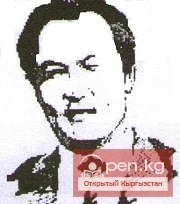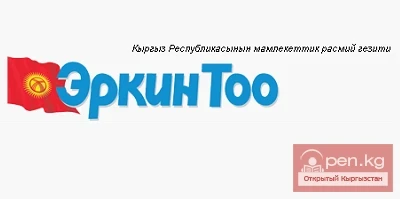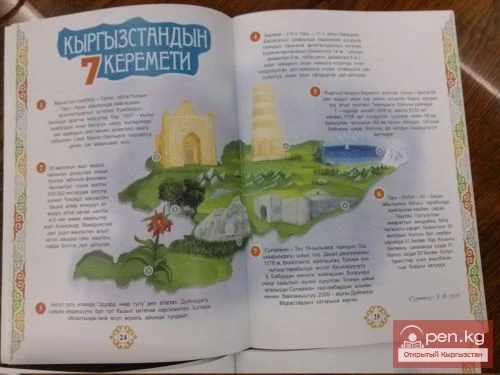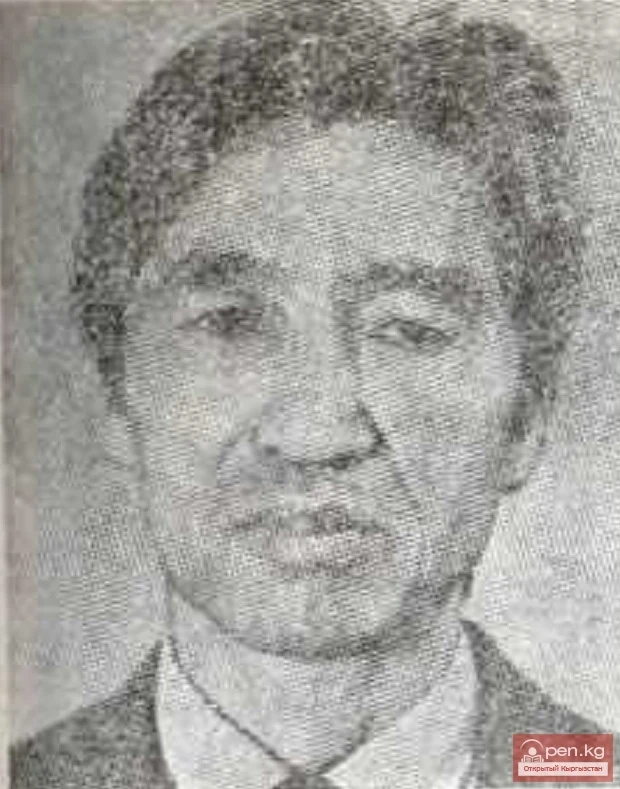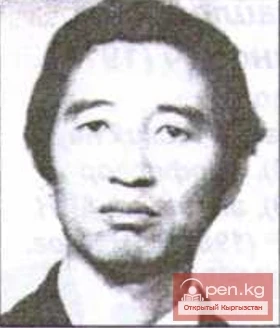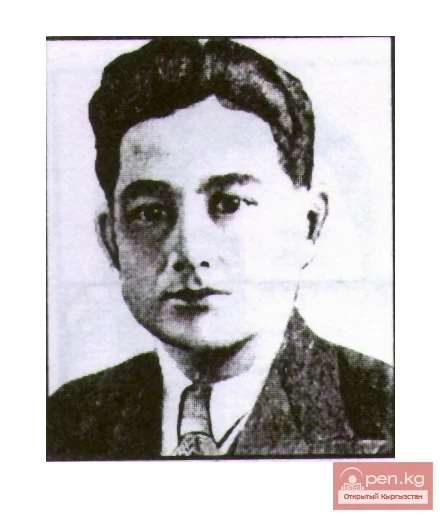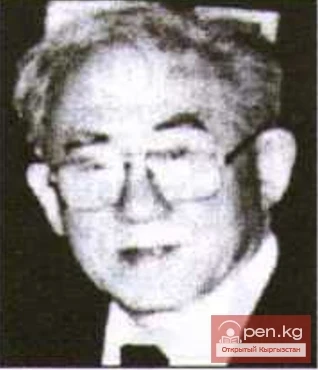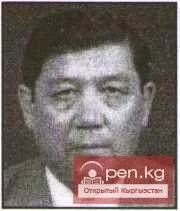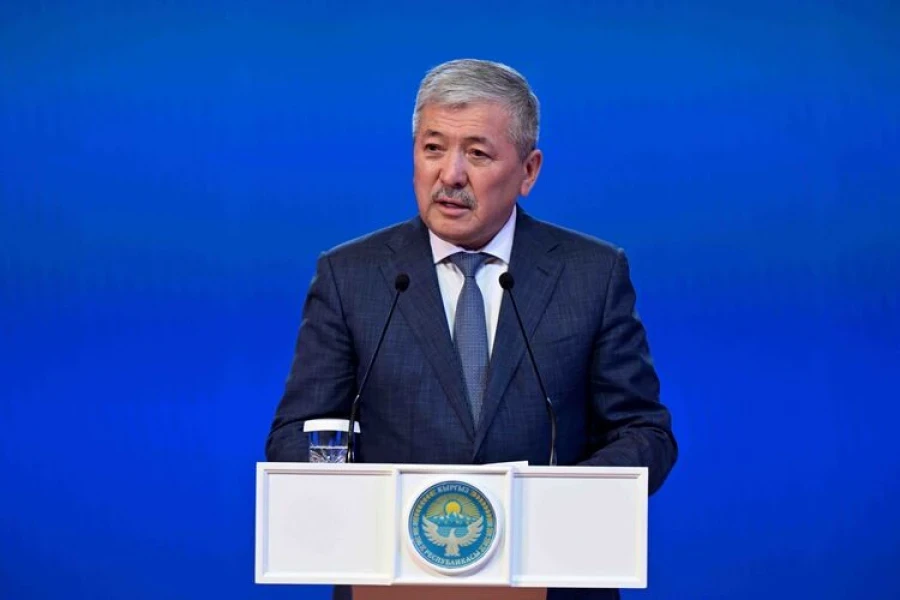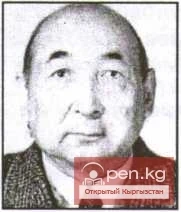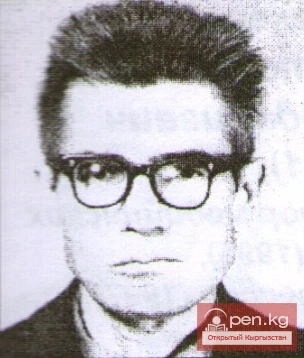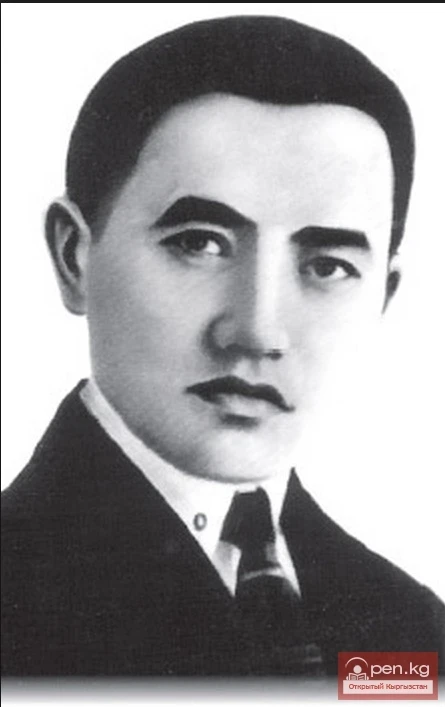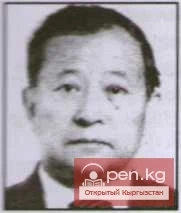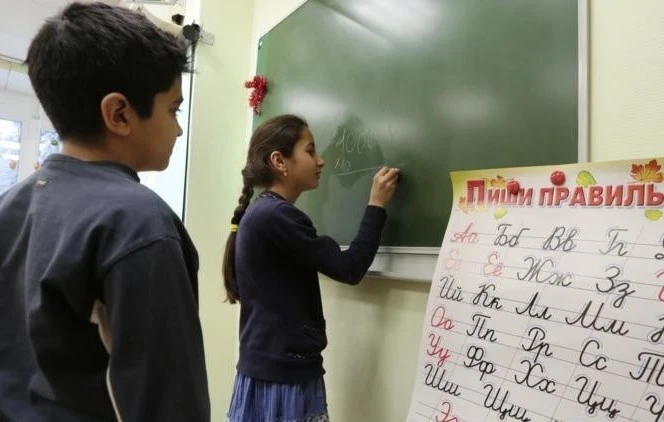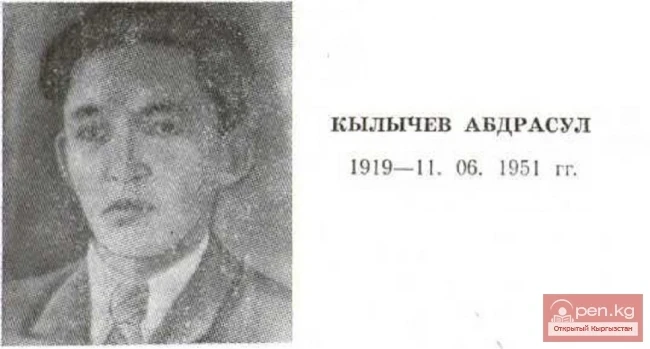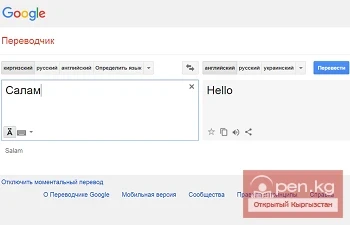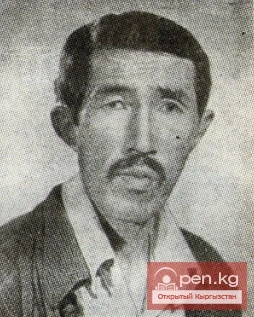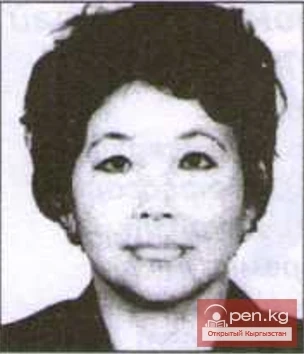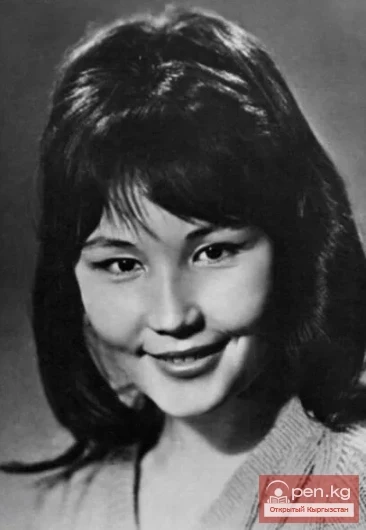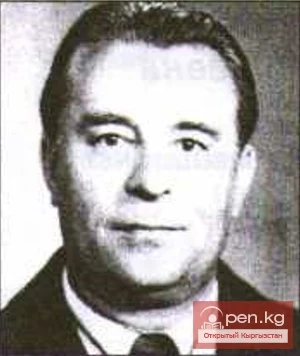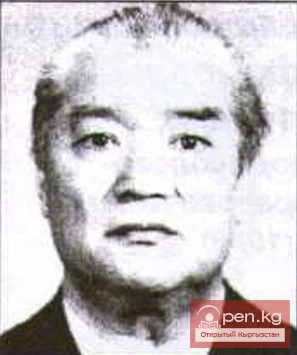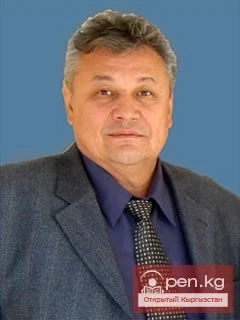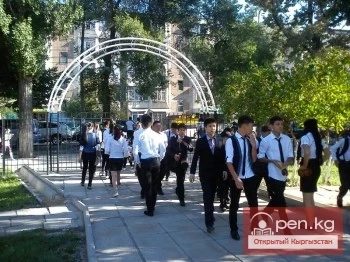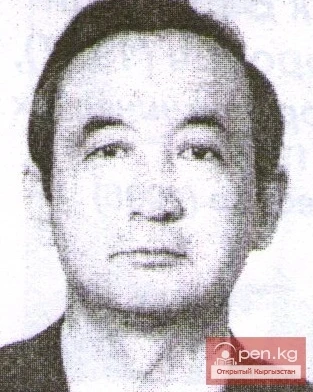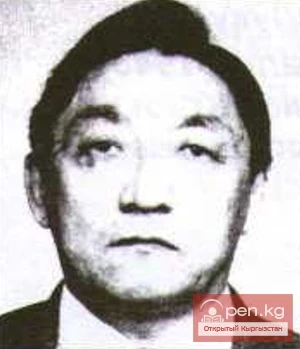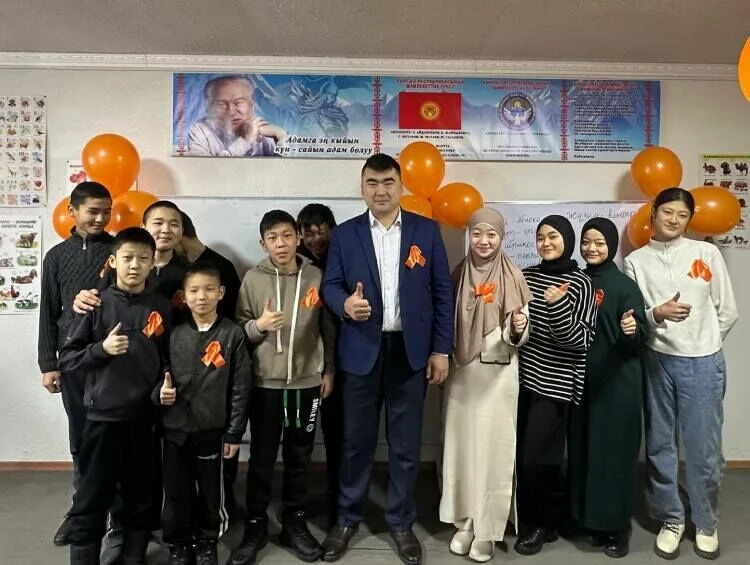
Anvar Yakhizov, a Dungan from Kyrgyzstan, actively teaches the Kyrgyz language to residents of three villages located near Bishkek. Starting with evening classes in the village of Milyanfan, he now shares his knowledge with those who want to learn the language. His students appreciate his unconventional approach to teaching, and he strives to support them in this process.
In a conversation with 24.kg, Anvar explained what he was doing before becoming a Kyrgyz teacher and how he inspires people to learn the language out of interest rather than pressure.
The Path to Teaching
— Tell us about yourself: where did you grow up and what did you do before teaching?
— My name is Anvar Yakhizov, I am 31 years old. I was born in the village of Belovodskoye in the Moscow district. My father is from Aleksandrovka, and my mother is from Milyanfan. I studied at school in Kant and then entered the Kyrgyz-Russian Slavic University in the technical faculty. In 2015, I started working as a physics teacher at the Vaker School, which is located in Luxembourg (now Kant).
After a year, I became a physics and mathematics teacher at the Asian Medical Institute in Kant, where I worked for almost seven years. In my last year at the institute, I became interested in the Kyrgyz language.
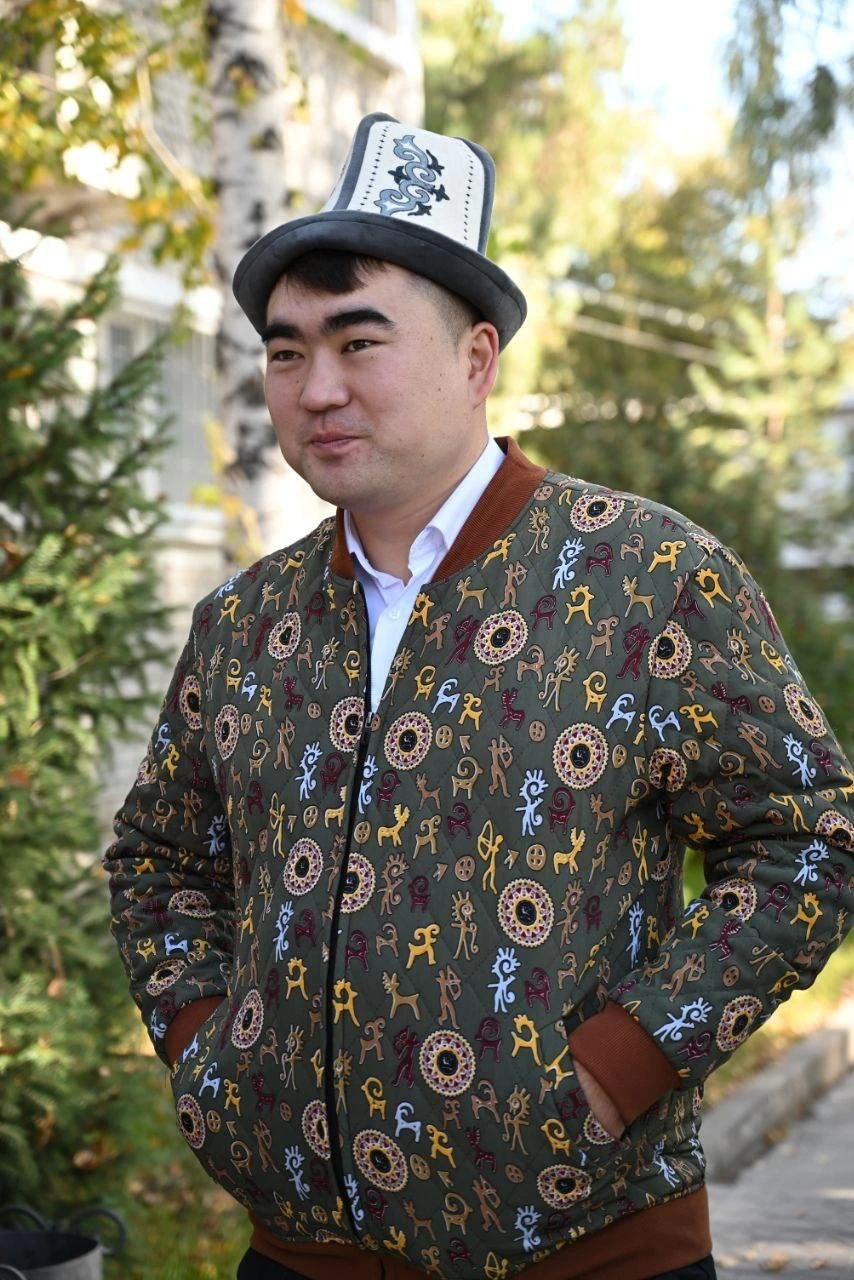
— How did you come to the decision to become a teacher? Was it a spontaneous decision or a well-thought-out one?
— I grew up in an international environment as a Dungan and saw that many wanted to learn Kyrgyz but felt shy and afraid of grammar. I decided to help the Dungans start learning the language. At the end of 2023, I opened evening courses in Milyanfan and initially focused on organization, and then I began teaching myself.
At first, I involved a linguist and her mother to conduct classes, but later, when the process was established, I started teaching myself. I also enrolled at the Arabayev University in the specialty “Kyrgyz Language and Literature” to obtain a diploma. I am still studying; I have one year left.
Last year, I decided to focus on Kyrgyz and started managing social media. Initially, I had a personal page on Instagram and TikTok, but then I began posting videos of lessons and the successes of my students, both children and adults, to inspire others.
And it paid off: people began to actively inquire about how to learn, and they asked me to open courses in their localities. I also opened courses in Tokmok and now regularly visit these villages.
— Where did you learn the Kyrgyz language?
— I mastered it on the street, communicating with friends and neighbors. While studying at the university, I helped my parents and worked at the market, which gave me a lot of practice. Interestingly, Americans studying Kyrgyz are recommended to practice at markets.
Many of my students note that someone who has studied the language as a foreigner can sometimes explain it more accessibly than a native speaker. I agree with that.
Photo by Anvar Yakhizov. With students
A native speaker often does not realize that different grammatical tenses or cases can occur in one sentence. For them, this is natural, while for beginner students, it can be difficult.
I try to explain everything step by step, starting with the simple and gradually complicating the material. I teach them to ask direct questions and get clear answers to facilitate understanding of the logic of the language. My students often say that they understand me, but they have difficulties when they go out into the street. This happens because native speakers, noticing that they are understood, start speaking faster and more complexly.
I always strive to avoid information overload and acknowledge that learning a language in a short time is impossible — it is important to move step by step.
— What do you like most about your job?
— I am benefiting society. With my students, I conduct educational conversations, investing in them something more than just teaching.
I often ask students: “Why are you studying the Kyrgyz language?”. The answers vary from the desire to work to the aspiration to learn, but only a few understand that it is part of their identity and love for their homeland.
Anvar Yakhizov
When you realize that learning the Kyrgyz language is not an obligation but an expression of love for your country, the process becomes easier. Everyone speaks in their languages, and in Kyrgyzstan, we should speak Kyrgyz. No one forbids learning other languages, but it is important to know your native one.
I often encounter the opinion that, being a Dungan, I have no country of my own. I respond that for me, Kyrgyzstan is my homeland.
“Don’t be afraid of mistakes. The main thing is to start”
— What moment in your teaching practice stands out the most?— I have one family: a mother, a father, and three sons. All of them are studying Kyrgyz. At first, the parents were in one group, and two sons were in another. Soon they began to speak to each other in Kyrgyz, and the parents asked what the word “ishker” meant. I replied that it means “businessman,” and they laughed when they learned that the children called each other that.
The youngest son also became interested when he saw how his brothers communicated in Kyrgyz and asked to start classes. He quickly grasps the material, and since the whole family now speaks Kyrgyz, it has become easier for him to learn.
Previously, Dungans focused on survival, working in the fields. Now, with improved living conditions, people have a desire to learn.
I notice changes, especially among adults. They say: “Before, when we went on business to Bishkek, we didn’t understand what they were saying. Now we can communicate and ask questions.”
Anvar Yakhizov
For me, this is the main reward. When people realize that knowing the language makes life easier and brings them closer to those around them.
— How do you motivate your students?
— Many young people in Kyrgyzstan do not understand why they should learn Kyrgyz. This is one of the tasks I set for myself in teaching.
Unfortunately, schools often teach to avoid punishment rather than strive for knowledge. Because of this, children are afraid to make mistakes and try to copy work.
When I ask them to compose sentences, it is immediately clear where they wrote themselves and where they used the internet. Often they make excuses, but then they confess. I explain that I care more about them learning than about them getting a good grade.
Photo by Anvar Yakhizov. With students
I am proud that adults come to me to learn. We discuss various topics, and I encourage them to speak, even if they make mistakes. I emphasize that the main thing is not to be afraid of making mistakes but to start speaking. Mistakes are part of the learning process. At first, it may be incorrect, then better, and then correct. This is how confidence is formed.
Learn the language in three months — and I will gift you a ram
After testing, I buy small prizes. In the summer, it was ice cream. Students strive to win. I even said that if someone learns Kyrgyz in three months, I will slaughter a ram in honor of that. But so far, that hasn’t happened.I am often asked why Americans who live in Naryn for only three months start speaking Kyrgyz. The answer is simple: they are in Kyrgyz villages where there is no Russian-speaking environment, and they have 4-5 lessons a day. Unlike our students, who have only 12 hours of classes a month and are immersed in everyday concerns.
Of course, it is easier for children to learn the language, but they often do not understand why it is necessary. Therefore, we continue to work at our own pace — slowly but surely.
For the language acquisition that Americans achieve in three months, our students may need a year. The main thing is not to stop and believe in their abilities.
Photo by Anvar Yakhizov
In conclusion, I want to say that learning the Kyrgyz language is not just a necessity but a part of love for one’s homeland. This is our common home, and I want everyone to realize this.
